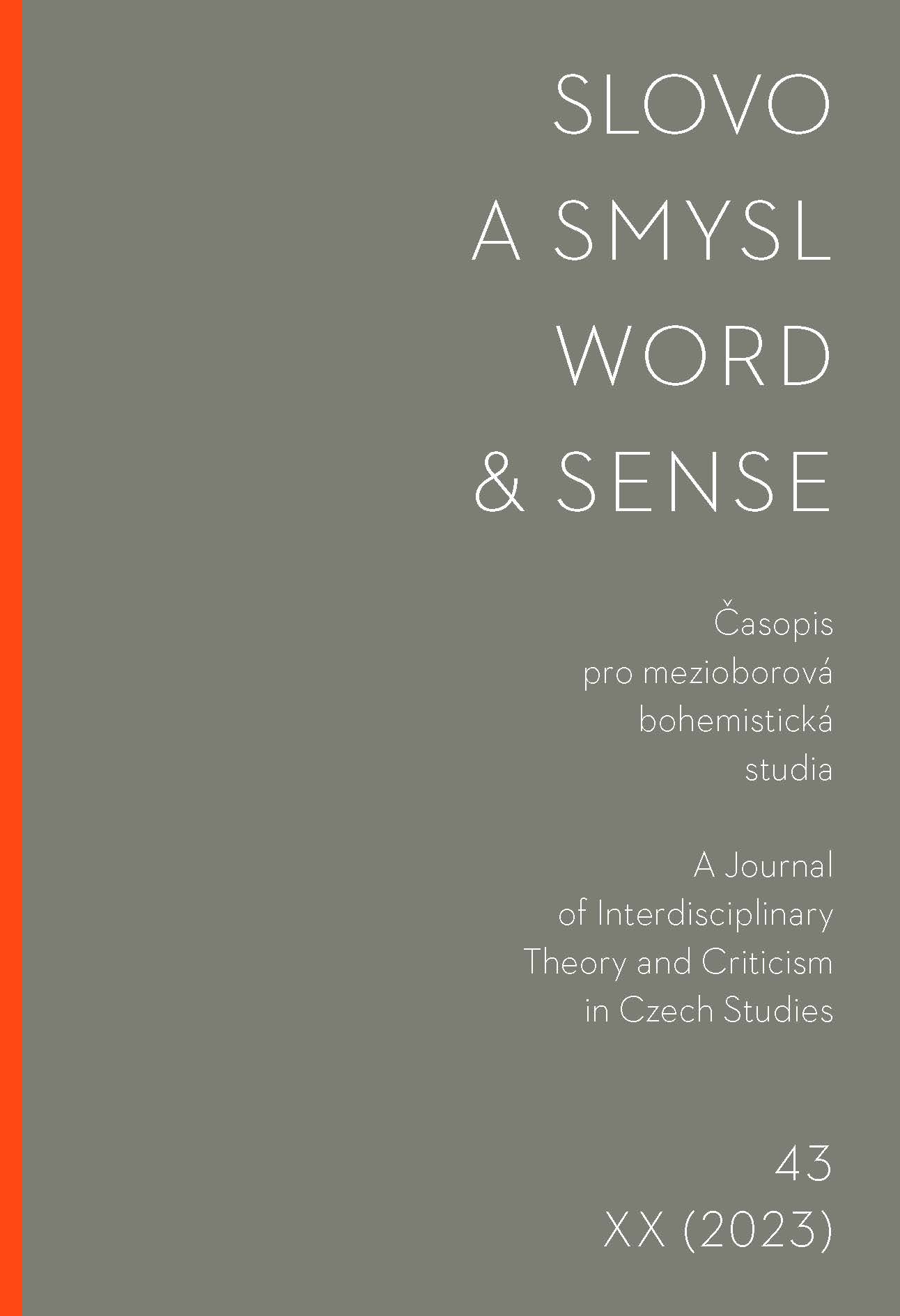Canons and Their Questioning, Canons and Their Fading
Canons and Their Questioning, Canons and Their Fading
Some Personal Remarks on the Development of the Teaching of Literary History
Author(s): Anna Artwińska, Matteo ColombiSubject(s): Language and Literature Studies, Polish Literature, Theory of Literature
Published by: Univerzita Karlova v Praze - Filozofická fakulta, Vydavatelství
Keywords: didactics of literary history; canon; foreign Slavic Studies; new history of Polish literature; deconstruction; poststructuralism; hermeneutics
Summary/Abstract: This article deals with the problem of teaching the history of literature, specifically with regard to Polish (and Czech) literary history in the context of foreign study, namely in Germany. The authors are concerned with the question of whether it is possible to teach the history of literature to foreign students according to the standards set for Polish (and Czech) students, i.e. through a historical and literary perspective, division into epochs and, above all, with regard to the canon. In view of the fact that undergraduate curricula in Germany provide only a few hours of instruction in literary history, and that German students are not taught the literary canon at school but rather learn to question the normative value of every author or text, the teaching of ‘traditional’ literary history in Germany is problematic. Drawing on their own biographical experience as part of the ‘twilight of the canon generation’, the authors argue that the didactic process requires an awareness both of the need for a canon — as a kind of ‘map’ to navigate the territory of literature — and of its constant questioning, deconstruction, rewriting, and expansion. In the next part of the article, the authors discuss the ‘poststructuralist turn’ in literary historiography and examine selected poststructuralist textbooks on the history of national literatures, especially those that do not abandon the basic assumptions of literary synthesis in their ambition to give new order to the material. Another part of the article discusses the textbook Polnische Literatur im langen 19. Jahrhundert. Grundkonzepte — Author:innen — Textinterpretationen, created by the Leipzig Institute of Slavic Studies in cooperation with the Polish Academy of Sciences, a textbook that aims to present the history of Polish literature 1822–1939 as a history of Polish attitudes towards both cultivating and questioning the Polish canon. The handbook was conceived on the basis of the programs of the B.A. Polish literary courses in Leipzig and its preparation involved the participation of the students as translators and commentators on chapters written in Polish. The conclusion of the article is a plea for a hermeneutical consideration of the didactic relevance of canons as interpretationalcommunicational tools giving students and others the possibility to mediate between the orientation skills a tradition can provide and its critical inquiring, as well as to make different point of views intelligible to one another.
Journal: Slovo a smysl
- Issue Year: 20/2023
- Issue No: 43
- Page Range: 15-48
- Page Count: 34
- Language: English

